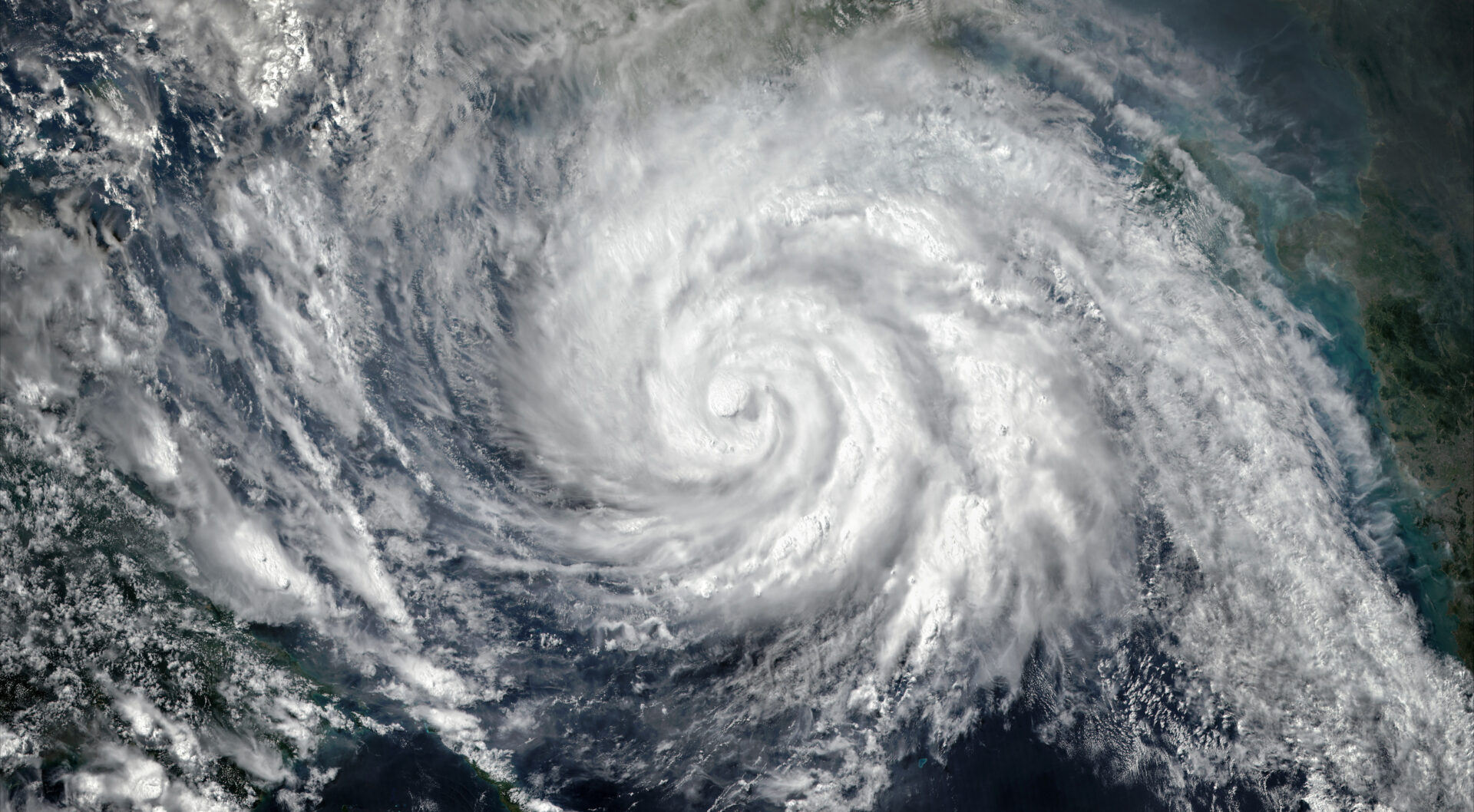
US Approves $346m Arms Sale to Nigeria
The U.S. State Department approved a $346 million arms sale to Nigeria, aimed at bolstering the country’s fight against terrorism and illicit trafficking
Story Highlights
- U.S. approves a $346 million arms sale to Nigeria, raising ethical concerns.
- Nigerian military units receiving arms have been accused of human rights abuses.
- Critics argue U.S. complicity in potential crimes against humanity.
- Questions arise about U.S. compliance with its own laws on foreign military sales.
U.S. Approves $346 Million Arms Sale to Nigeria Amid Human Rights Concerns
In August 2025, the U.S. State Department approved a $346 million arms sale to Nigeria. The stated purpose of this sale is to support Nigeria’s efforts in combating terrorism and illicit trafficking. This decision has generated discussion due to reports of human rights abuses attributed to Nigerian military units that are designated to receive these weapons.
Nigeria has experienced internal conflicts, particularly in the Niger Delta and northeastern regions. The U.S. maintains a position as a major global arms supplier and considers Nigeria a strategic partner in sub-Saharan Africa. Despite this partnership, reports from various sources indicate ongoing human rights abuses by Nigerian security forces.
US has approved a possible $346 million arms sale to Nigeria, including precision bombs and rockets.
📰 PunchNigeria pic.twitter.com/AtubQ1yiUI
— Naija (@Naija_PR) August 14, 2025
Legal and Strategic Considerations
The arms sale prompts questions regarding U.S. adherence to its own legislation, specifically Section 502B of the Foreign Assistance Act, which restricts security assistance to regimes implicated in gross human rights violations. This situation highlights a potential inconsistency between U.S. policy goals and conditions on the ground. Critics suggest that disregarding these legal frameworks could lead to perceptions of U.S. involvement in abuses committed by Nigerian forces.
Furthermore, the continued transfer of arms to Nigeria may impact the U.S.’s global standing on human rights issues. While the U.S. government justifies the sale as essential for regional stability and counterterrorism, human rights organizations caution that without adequate oversight, these weapons could contribute to an escalation of existing abuses and violence.
Impact on U.S.-Nigeria Relations
The implications of this arms deal extend beyond immediate human rights considerations. The sale could potentially affect U.S.-Nigeria relations as international scrutiny increases regarding America’s role in facilitating arms transfers. Economically, while U.S. contractors may benefit, the social and political ramifications could be substantial if the arms contribute to further destabilization in Nigeria.
The broader defense industry may face increased examination concerning global arms trade practices. This situation underscores the complex relationship between strategic interests and ethical responsibilities, suggesting a need for policy reevaluation to prevent perceived involvement in human rights violations.
Watch the report: LIVE | US Approves $346m Arms Sale to Nigeria Amid Boko Haram Insurgency | Firstpost Africa | N18G
Sources:
DSCA Major Arms Sales: Nigeria Munitions
Conflict in the Niger Delta
Responsible Statecraft: Nigeria Arms Sale
U.S. Security Cooperation with Nigeria


